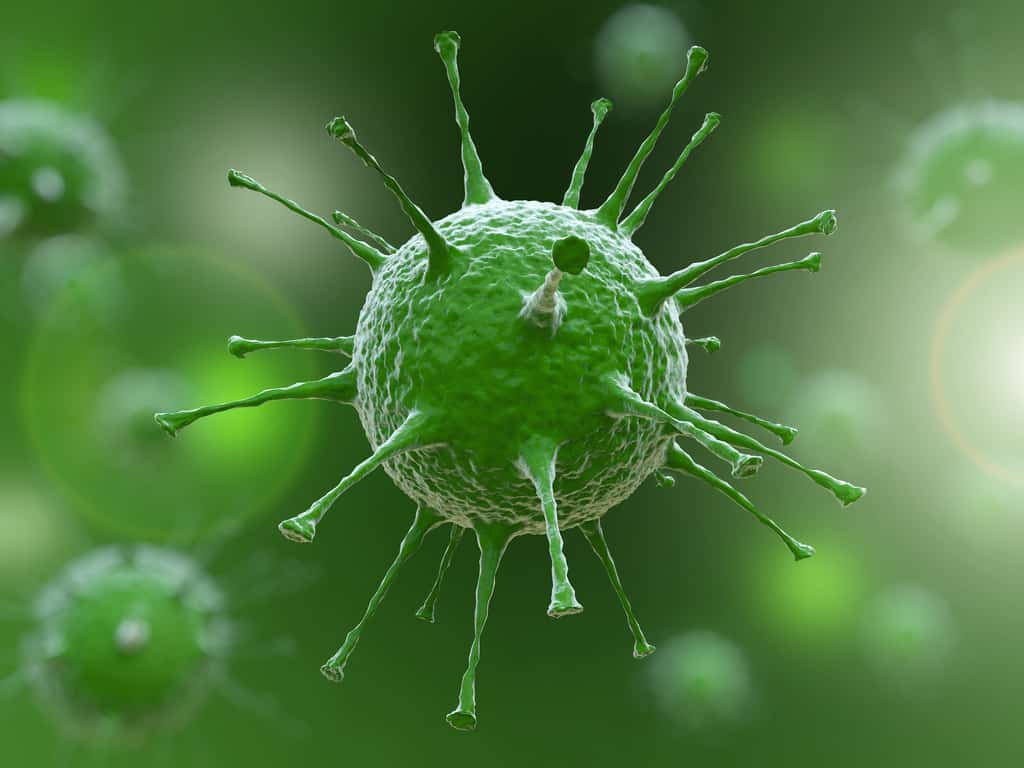Super bugs are Super annoying aren’t they? Wreaking havoc in our body, and as if that was not enough they also refuse to go away staying over in our body like that cat that comes over to your home like its paying rent and refuses to leave. It’s probably why scientists have been plotting against them for so long. For after what seems be an eternity, we finally have a weapon that could possibly help us get rid these stubborn nutcases.
In a more serious tone, antibody resistance is an issue which with each passing day is becoming more and more of a global threat. There are at present, tons of antibiotic resistant strains of bacteria. They are pathogens of the most notorious variety. A bacterium exhibits resistance to a particular antibiotic or a class of antibody which is originally meant to destroy it- when a drug is misused, rendering the drug useless when administered to cure a disease. With bacteria fighting off drugs that is intended to destroy it and the lack of new antibiotics, the world is slowly approaching a phase when our most trusted drugs can do nothing to keep these bacteria away and save lives. Thereby
placing a looming endemic in the near future.As a wave of relief, scientists have now discovered a way to defeat superbugs by arming bacteriophage viruses with the tools to force bacteria into falling on their own swords.
CRISPR, presently famous in the genetic world as an efficient genome editing system is in actual a brilliant mechanism, an essential part of a bacteria’s immune system which keeps bits of dangerous viruses around so it can recognize and defend against those viruses next time they attack. The second part of the bacteria’s defense mechanism is a set of enzymes called Cas (CRISPR-associated proteins), that can precisely snip DNA and slice the hell out of invading viruses. Conveniently enough, the genes that encode for Cas are always sitting somewhere near the CRISPR sequences.
Wondering how and why the whole CRISPR concept appeared out of nowhere?
Well, scientists are now considering this very system to push bacteria to finish themselves off. As in a new spin to an old tale, the scientists are considering altering or engineering this CRISPR sequence inside of the targeting bacteria with the genes, then the CRISPR sequence would form a target for the bacteria’s own cas enzymes, effectively blocking resistance or even prompting the bacteria to chew up its own DNA and thus leading to self-destruction.
The use of phages is in particular very appealing since they are far more specific than antibiotics and can also penetrate the coatings of sticky film bacteria produce for protection and adherence.
This whole concept of turning these phages and using them to kill pathogenic bacteria- turning the nasty thing against its own nastier creator has a hint of irony and profound sense of serendipity to it don’t you think!?






























